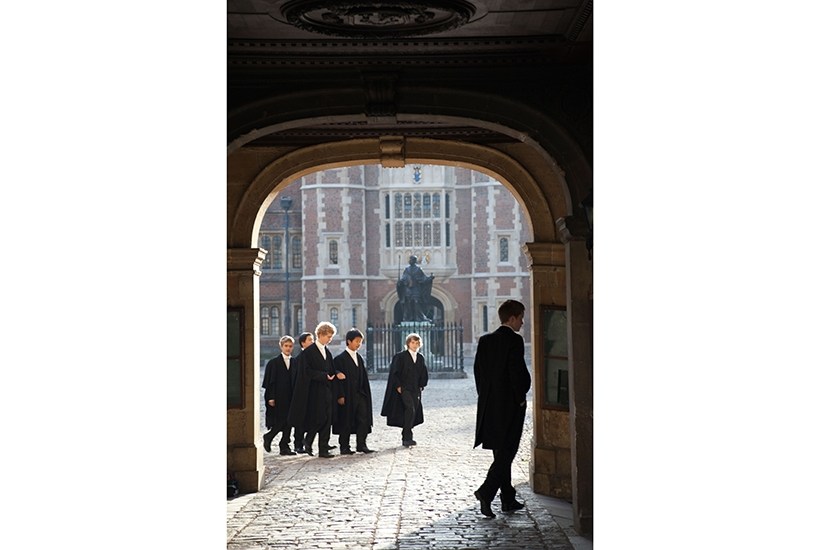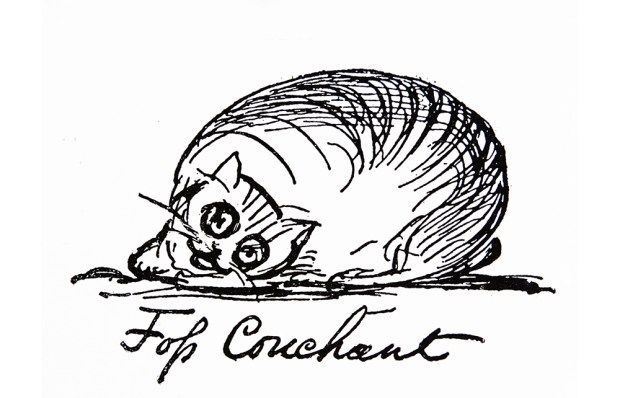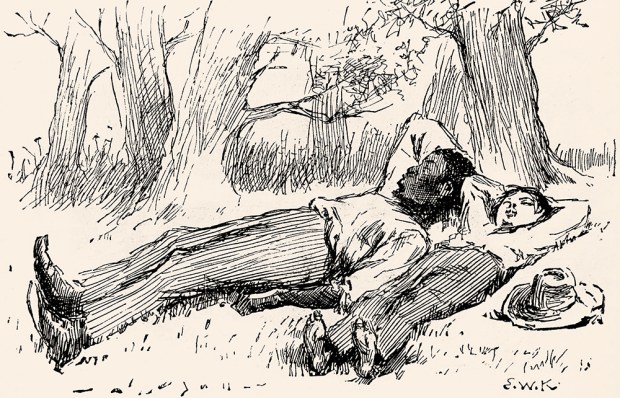In the summer of 2019, the journalist Anita Sethi was on a train travelling across northern England when she was racially abused by another passenger. Besides using several words too offensive to quote, the man spat that Sethi should go back to where she came from. And so she did. Sethi comes from Manchester. Her first reaction to the experience was to speak out, to alert a member of staff and to ensure her abuser faced justice; her second was to start planning a trek across northern England, the landscape that was hers and where she belonged.
Following old existing tracks and forging new ones of her own, she travelled to Malham Cove and Hull Pot and Whin Sill, sometimes alone, sometimes accompanied, calling along the way at places with brilliantly on-the-nose names such as Hope and The Angel and Settle. At one point, a foot injury prompts an enforced pause, which Sethi spends in Manchester, drawing inspiration from the Pankhursts. She learns about Hadrian’s Wall and looks at the sea; she asks important questions about who actually has access to nature, and who owns the land, and how walking can be a radical act of protest. She digs into history as she goes, and makes neat connections: human bodies to the body of the country, its green skin, its Pennine backbone; tree roots to the routes of our personal histories; mental scars to topographical ones.
I Belong Here is about that northern, Pennine landscape, and Sethi’s writing is full of earnest enthusiasm for what she sees there: the birds and the moss and the extraordinary geological formations. She celebrates a close appreciation of nature, both because we ought to protect it and also because of the benefits this appreciation can bring us (she investigates nature as a healing force for tackling trauma and PTSD). But writing is a way of belonging, too, and the book is itself a restorative act, a way of interrogating language and asserting the defiant power it has, not least after it has been used as a weapon against you. It is a book of deep vulnerability, but considerable strength.
England is not exactly short of places that signal that some people belong and others categorically do not, but Eton College must surely be high on anyone’s list. As with Sethi’s book, Musa Okwonga’s assertion of belonging begins in his title — One of Them — but in his case the assertion is complicated, and the sense of belonging needs to be acquired, and challenged. When elected to a prestigious school society, his first question was: Why him? Was he one of them, really?
Okwonga arrived at Eton from a quite different background to that of most of his peers. He was one of the few students of colour, from a regular middle-class family in an outer London suburb, there thanks only to his academic achievements, an incredibly hard-working, devoted mother and a scholarship, so his life had little in common with his friends’, and yet there they were, together.
Okwonga’s experiences of Eton were good in many respects. He writes warmly about some friends, gratefully about some special teachers, about acts of kindness and the many ways he benefited from what the school could give him: the opportunities, the challenges to his intellect, being treated as an adult. He develops his love of sport as a way of connecting with people.
He experienced racism at the time, but not often, he says, though he learns later how much more there was to which he was oblivious. He is also aware, of course, of the ways Eton seemed to reward only certain kinds of success — a competitiveness, an ambition to win that is uninterested in compassion and reckless about consequences. It was a place that allowed boys to grow up disconnected from reality, where titanic self-assurance fed patronage, shamelessness, contempt; but it’s really only years later that the effects become apparent to him, with the bizarre grip this one small institution continues to retain over the country’s levers of power becoming ever more indisputable as yet another Old Etonian takes the Downing Street keys.
Okwonga writes with admirable clarity about what he sees, and his analyses are hard to argue with. But this book — readable, economical, all bite-sized chapters and brief remembered episodes — is often at its best when it’s away from Eton, because it is also a memoir of a home town and a family, and a boy growing up and working out who he is. And although Sethi apparently goes to nature not to find herself but to lose herself, that’s something both of these journeys have in common: seeking to understanding the places that make us, and how we respond to them, is a way of understanding ourselves too.
Got something to add? Join the discussion and comment below.
Get 10 issues for just $10
Subscribe to The Spectator Australia today for the next 10 magazine issues, plus full online access, for just $10.
You might disagree with half of it, but you’ll enjoy reading all of it. Try your first month for free, then just $2 a week for the remainder of your first year.














Comments
Don't miss out
Join the conversation with other Spectator Australia readers. Subscribe to leave a comment.
SUBSCRIBEAlready a subscriber? Log in